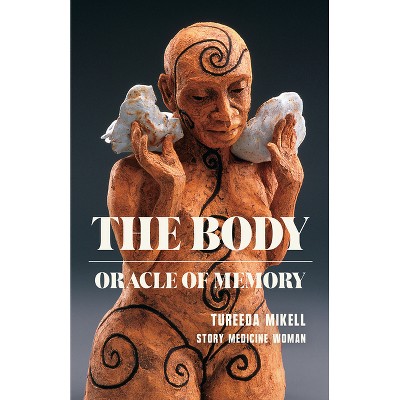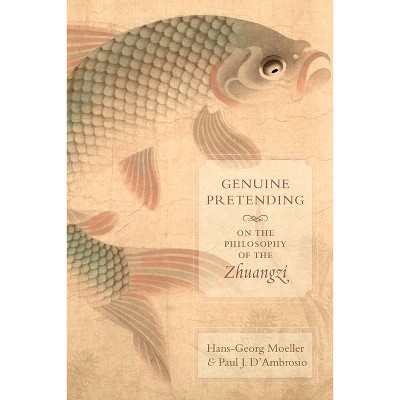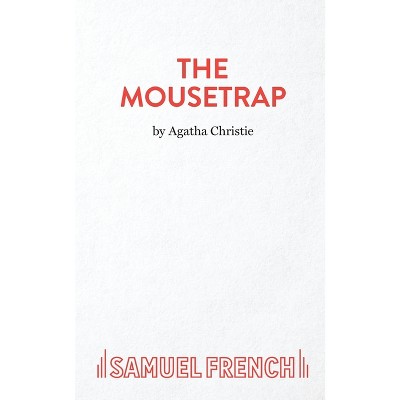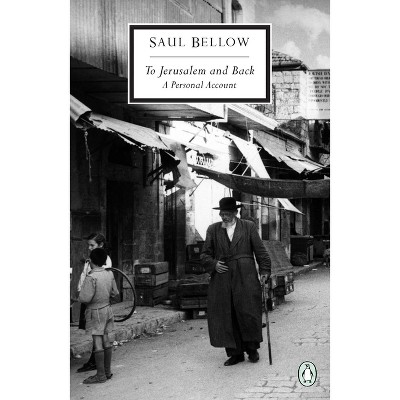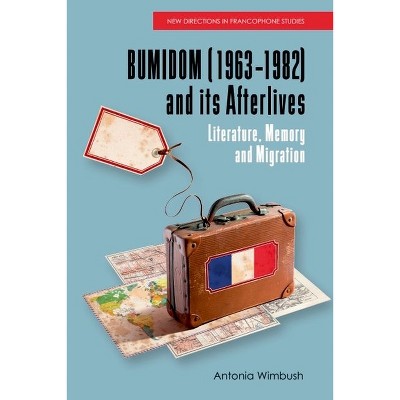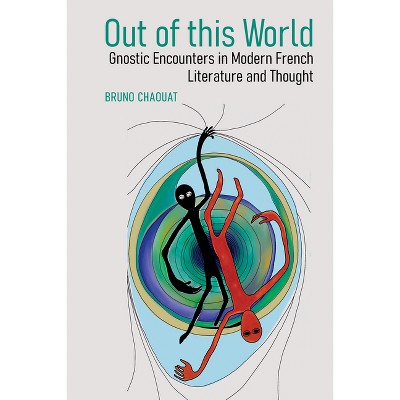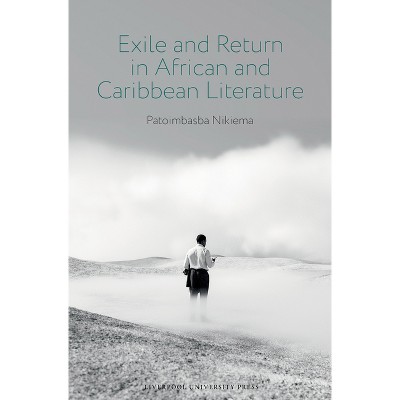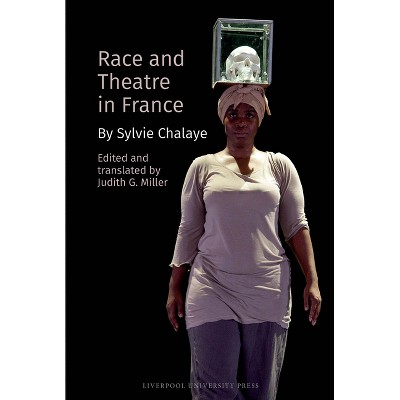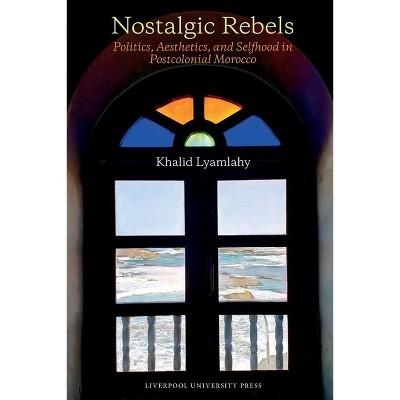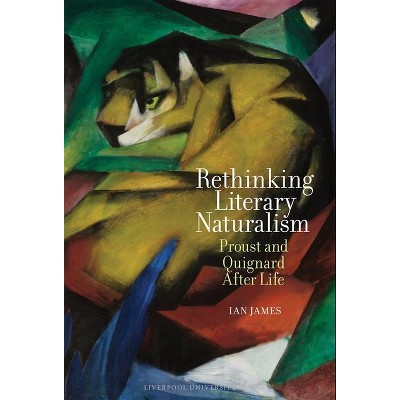Sponsored

Autofiction - (Contemporary French and Francophone Cultures) by Antonia Wimbush (Paperback)
In Stock
Sponsored
About this item
Highlights
- Autofiction: A Female Francophone Aesthetic of Exile explores the multiple aspects of exile, displacement, mobility, and identity as expressed in contemporary autofictional work written in French by women writers from across the francophone world.
- About the Author: Antonia Wimbush is a Leverhulme Early Career Fellow in the Department of Modern Languages and Cultures at the University of Liverpool.
- 272 Pages
- Literary Criticism, Women Authors
- Series Name: Contemporary French and Francophone Cultures
Description
About the Book
This book examines themes of exile, mobility, and identity in contemporary autofictional narratives written in French by women writers from across the francophone world. It reads exile in light of both gender and literary genre, arguing that autofiction gives women the space to reconfigure their exile on their own terms.Book Synopsis
Autofiction: A Female Francophone Aesthetic of Exile explores the multiple aspects of exile, displacement, mobility, and identity as expressed in contemporary autofictional work written in French by women writers from across the francophone world. Drawing on postcolonial theory, gender theory, and autobiographical theory, the book analyses narratives of exile by six authors who are shaped by their multiple locales of attachment: Kim Lefèvre (Vietnam/France), Gisèle Pineau (Guadeloupe/mainland France), Nina Bouraoui (Algeria/France), Michèle Rakotoson (Madagascar/France), Véronique Tadjo (Côte d'Ivoire/France), and Abla Farhoud (Lebanon/Quebec). In this way, the book argues that the French colonial past continues to mould female articulations of mobility and identity in the postcolonial present.
Responding to gaps in the critical discourse of exile, namely gender, this book brings genre in both its forms -- gender and literary genre -- to bear on narratives of exile, arguing that the reconceptualization of categories of mobility occurs specifically in women's autofictional writing. The six authors complicate discussions of exile as they are highly mobile, hybrid subjects. This rootless existence, however, often renders them alienated and 'out of place'. While ensuring not to trivialize the very real difficulties faced by those whose exile is not a matter of choice, the book argues that the six authors experience their hybridity as both a literal and a metaphorical exile, a source of both creativity and trauma.
Review Quotes
"A compelling and lucid exploration of the female francophone aesthetics of exile in six contemporary authors, this is a fascinating and important intervention in theories of exile and francophone studies more widely."
Kathryn Robson, Newcastle University
About the Author
Antonia Wimbush is a Leverhulme Early Career Fellow in the Department of Modern Languages and Cultures at the University of Liverpool.Shipping details
Return details
Frequently bought together
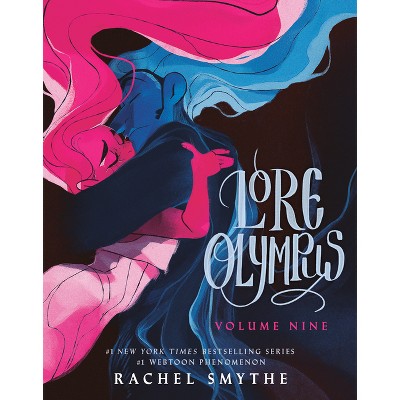
Trending Book Deals







